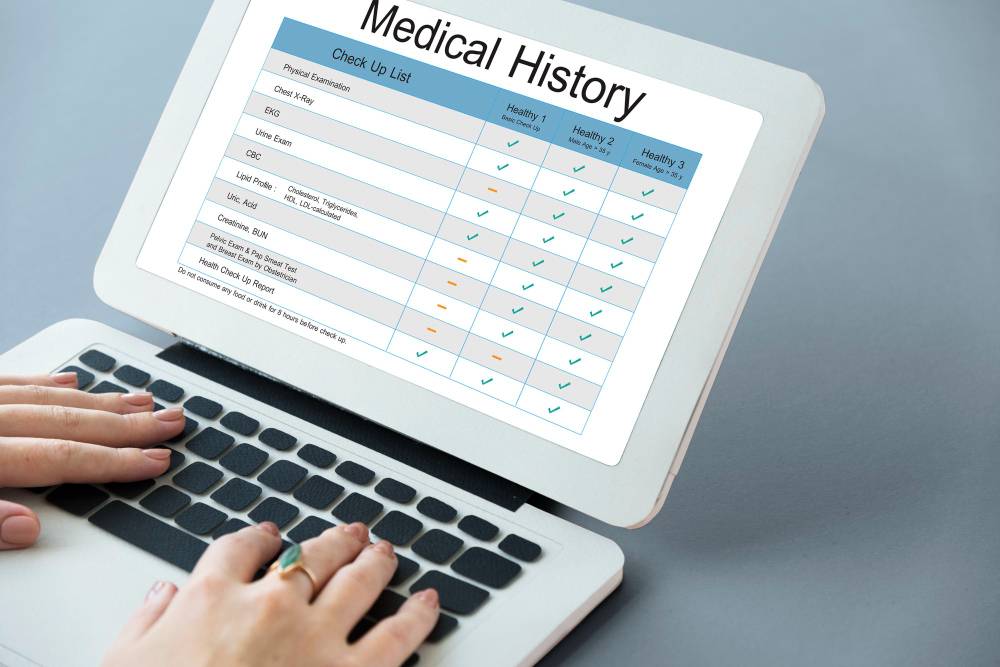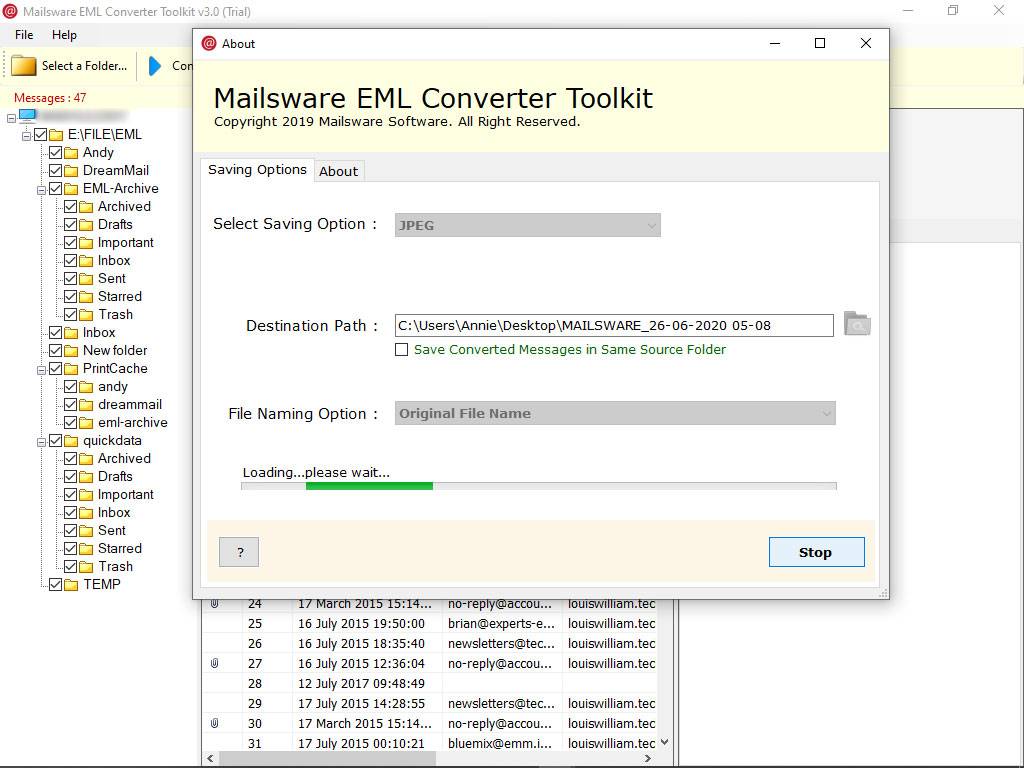Following the intricate world of clinical research, the lack of synergy between sponsors and clinical sites at the ground level has long been a bottleneck, exacerbated by technological and staff barriers. This disconnect hampers the seamless flow of critical data, hindering the progress of trials.
A paradigm shift is underway, recognizing the pivotal role of real-time data in research outcomes. Emerging decentralized clinical trial software providers are innovating to break down these barriers and improve the data management process.
In this blog, we will learn how to have strategic real-time data from clinical trial solutions with just a fingertip.
EDC Solutions: Intersecting Clinical and Patient Data Points Remotely
Electronic Data Capture (EDC) solutions are pivotal in overcoming clinicians’ and patients’ challenges. For clinicians, EDC provides a streamlined approach to data entry, solving issues related to cumbersome paperwork and reducing administrative burden.
Simultaneously, patients benefit from the convenience of remote data collection, ensuring a more patient-centric approach to clinical trials. The future holds even more tremendous promise, with EDC poised to revolutionize data management processes, optimizing efficiency and accuracy.
They are wisely intersecting clinical and patient data points, ushering in a new era of efficiency and connectivity in healthcare. They also empower patients to contribute valuable data remotely, fostering a more patient-centric approach to research.
The real-time nature of EDC further enhances the quality of data, ensuring that insights are accurate and promptly available for analysis. As the healthcare landscape embraces technological advancements, EDC solutions emerge as a bridge, connecting clinical and patient data points to transform data management processes and enhance clinical research’s effectiveness and inclusivity.
Role of Real-Time Data in Research Outcomes
In clinical research, we must consider the importance of real-time data. Swift access to accurate information is not just a convenience but a necessity, impacting the efficiency and reliability of trial outcomes. As technology evolves, the ability to collect, monitor, and analyze data in real time has become a game-changer, influencing decision-making and enhancing the overall quality of clinical research.
Tips to Building Strategic Data Management Plans with EDC Software
Going deep into achieving real-time data through streamlined electronic data capture software, here are a few tips to build a strategic data management strategy for your successive clinical trials.
Define Clear Objectives
Defining clear objectives is the foundational step in constructing a strategic data management plan with EDC clinical trial software. Framing the specific goals of the clinical trial provides a roadmap for all stakeholders involved. This clarity ensures that researchers, clinicians, and data managers are aligned, clearly portraying a unified vision and understanding of the study’s purpose.
It also facilitates more effective communication, minimizing the risk of misunderstandings that can impact the quality and accuracy of collected data.
Understand Regulatory Requirements
Staying abreast of regulatory requirements is paramount to conducting ethically sound and compliant clinical research. Whether set by local or international bodies, regulatory standards define the ethical conduct of research, data collection, and participant privacy.
By understanding and implementing these requirements into the data management plan, researchers ensure that the study adheres to established guidelines. This not only upholds the integrity of the research but also safeguards the well-being and rights of the participants involved.
Customize EDC Software to Study Needs
Tailoring electronic data capture software to meet the study’s specific needs is essential for a seamless and effective integration into the research process. Each clinical trial has unique protocols, data points, and methodologies.
Customizing them allows researchers to align the technological solution with the complexities of the study, optimizing data collection and management. This customization ensures that the software becomes a tailored asset rather than a one-size-fits-all solution, enhancing its efficiency and relevance to the research objectives.
Ensure Data Quality, Integrity, Security, and Privacy
Implementing robust measures to safeguard data is crucial for maintaining its integrity and ensuring participant privacy and data security. Data quality and integrity are fundamental to drawing meaningful conclusions from research outcomes. Security measures protect sensitive participant information, maintaining the confidentiality and privacy required by ethical standards.
By prioritizing these aspects, researchers not only meet regulatory obligations but also build trust with participants, contributing to the overall success and credibility of the clinical trial.
Establish Data Monitoring Protocols
In human-driven clinical trials, error is inevitable. Establishing systematic processes to review and assess data integrity and quality allows for promptly identifying and resolving discrepancies or errors. Monitoring protocols contribute to the ongoing refinement of data collection processes, promoting the collection of high-quality, reliable data throughout the trial.
Regularly Update and Maintain the Plan
Staying agile by regularly updating and maintaining the data management plan is vital in a dynamic research environment. Clinical trials may encounter unforeseen challenges, protocol adjustments, or technological advancements requiring plan updates.
By consistently revising the data management plan, researchers can incorporate the latest advances in healthcare technology, especially clinical research solutions, to refine processes based on ongoing observations and ensure that the goal remains aligned with the evolving needs of the trial.
This parallel approach enhances the overall adaptability and responsiveness of the data management strategy, contributing to the success of the clinical trial.
Conclusion
As we navigate the complexities of clinical research, EDC software emerges as a beacon of innovation, addressing the longstanding challenges faced by sponsors and clinical sites.
By embracing real-time data and decentralized clinical trial software, we bridge the gap between stakeholders and usher in a new era of efficiency, accuracy, and patient-centricity in pursuing medical breakthroughs.
The evolution of EDC is a transformation that promises to reshape the future of clinical trials, making them more collaborative, data-driven, and, ultimately, more successful.

As a healthcare professional, I love to talk about current technologies and tools to conduct successful clinical trials at various stages.




